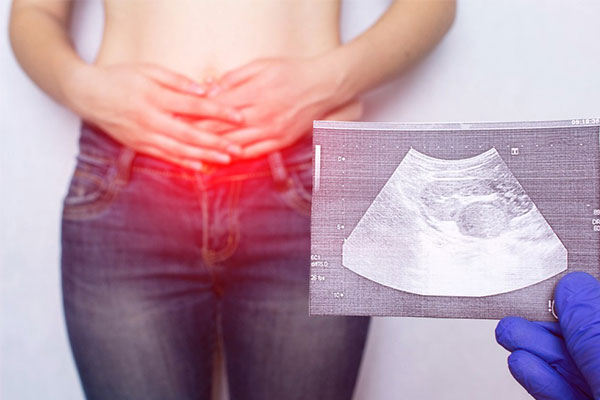Inguinal Hernia

A herina is formed when a part of an organ, usually the intestines, protrude through a weak part of the abdominal wall. This may be resulted from chronic coughing, constipation, dysuria or frequent heavy lifting. Hernias usually occur in the groin area, around the umbilical or previous incision wounds. There are two methods to repair the hernia- traditional open hernia repair or laparoscopic hernia repair (minimally invasive).
Problems Associated with Hernia
Hernia is amenable to surgical treatment with a high success rate. If left alone, hernia may get bigger and cause a lot of discomfort and inconvenience to the patients. Hernia may get bigger in time and becomes irreducible. There is always a danger of trapping intestine in the hernia leading to blockage of the gut and in severe cases, endangering the viability of the bowel and need resection of bowel.
Treatments for Hernia
To solve all the problems associated with hernia, it is necessary to perform herniorrhaphy (hernia repair).
Traditional Open Hernia Repair: An incision of about 5 to 7cm is made over the site of the hernia in order to repair the abdominal defect.
Laparoscopic Hernia Repair: Incisions of 1cm at the belly button and two other 0.5cm puncture holes are made at the lower abdomen for the completion of the repair. It has documented advantages for bilateral or recurrent inguinal hernias.
Possible Risks and Complications
- Injury to neighboring organs such as the bladder, ureters, bowels and blood vessels may require repairing
- Scrotal edema
- Wound infection
- Hematoma
- Difficulty in urination
- Recurrence of hernia
- Sore and numbing wound
*The above information is for reference only, please consult your doctor for detail.

 3405 8288
3405 8288
